Standards for Mathematical Practice
In Grade 3, instructional time should focus on four critical areas: (1) developing understanding of multiplication and division and strategies for multiplication and division within 100; (2) developing understanding of fractions, especially unit fractions (fractions with numerator 1); (3) developing understanding of the structure of rectangular arrays and of area; and (4) describing and analyzing two-dimensional shapes.
- Free Plan
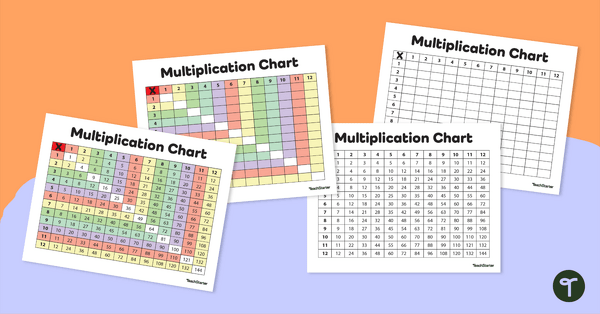
Multiplication Chart
Print a handy multiplication chart for your students — it's free for teachers!
- Free Plan
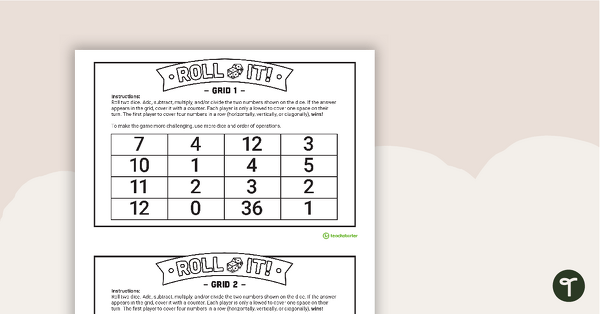
Roll It! Operations Game
Use this fun game to practice all four operations and/or order of operations.
- Free Plan
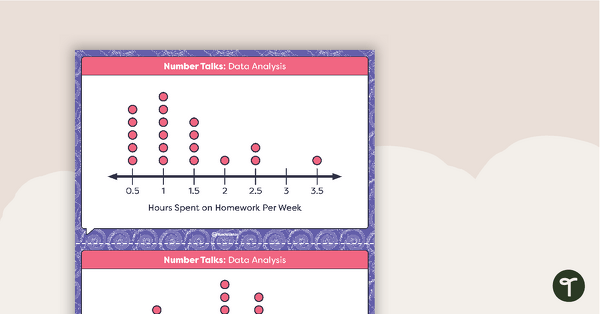
Number Talks - Data Analysis Task Cards
Build data analysis skills with this set of 26 task cards.
- Plus Plan
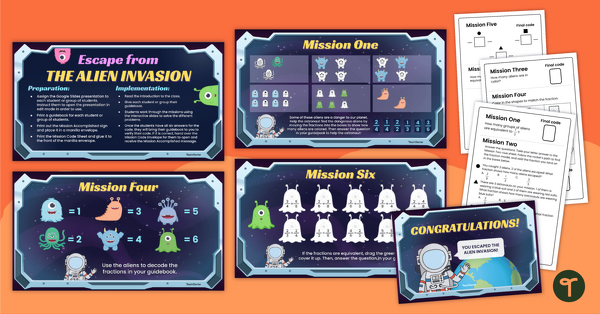
Escape From the Alien Invasion – Math Escape Room (Basic Fractions)
Save the planet from the alien invasion by identifying fractions, comparing fractions, creating models, and more with an exciting digital escape room.
- Free Plan
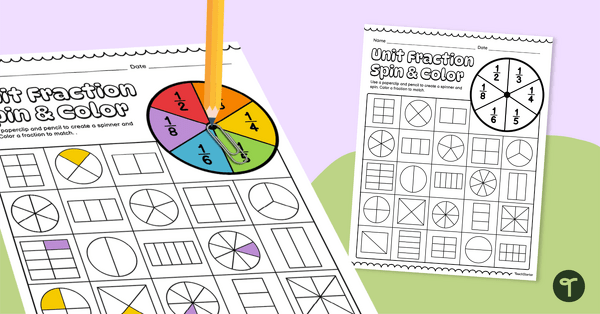
Unit Fraction Spin and Color Activity
Read and color unit fractions in this fun spin and color activity with your students.
- Free Plan
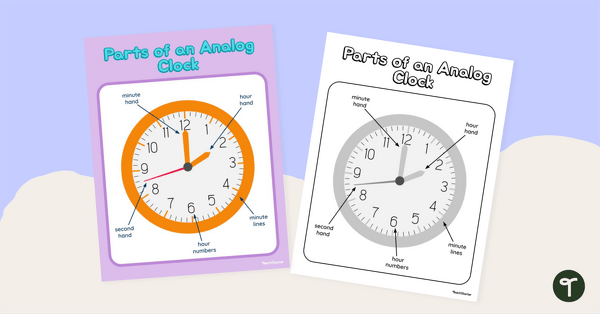
Parts of a Clock Anchor Chart
Familiarize students with the analog clock face, hands and other parts of a clock with a printable poster created for the primary classroom.
- Free Plan
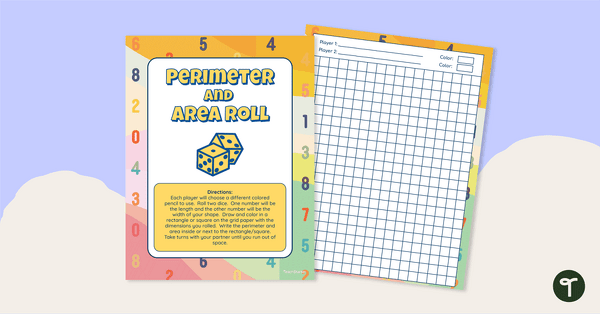
Perimeter and Area Dice Game
Use this area and perimeter dice game as a math center activity when teaching area and perimeter to your 3rd and 4th graders.
- Free Plan
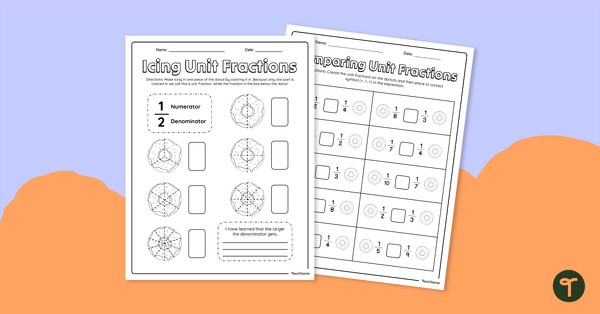
Icing Unit Fractions Worksheet
Explore unit fractions with your students using this fun donut-themed unit fraction worksheet.
- Free Plan
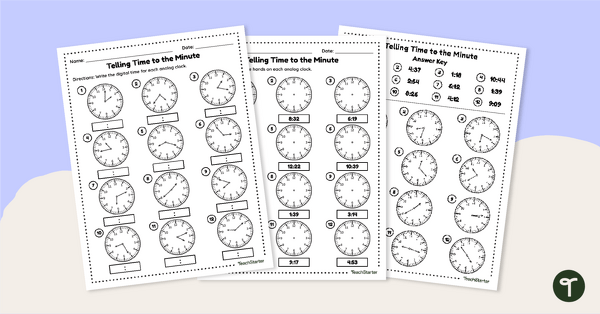
Free Telling Time to the Minute - Worksheet Pack
Practice telling time to the minute by writing the digital time and drawing the hands on analog clocks.
- Free Plan
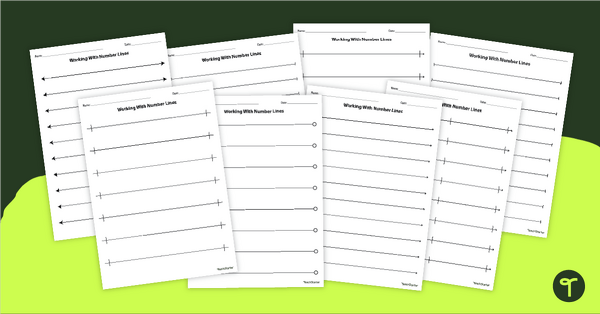
Blank Number Lines - Printable
Print a set of open number lines to help you teach a variety of math skills.
- Plus Plan
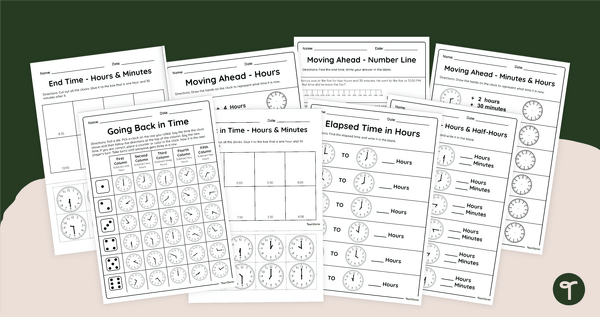
Differentiated Elapsed Time Worksheets for Beginners
Download a pack of differentiated Elapsed Time worksheets to help your students learn to calculate elapsed time in hours, half hours, and minutes.
- Free Plan
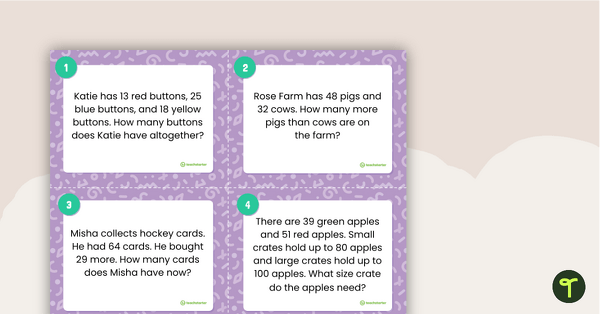
Addition and Subtraction Problem Solving Task Cards
Practice solving 1- and 2-step word problems by adding and subtracting 2-digit numbers with this set of 16 task cards.
- Free Plan

Financial Literacy Math Investigation – Pop–Up Shop on Wheels
A mathematics investigation involving financial literacy, embedded in a real-world context.
- Free Plan
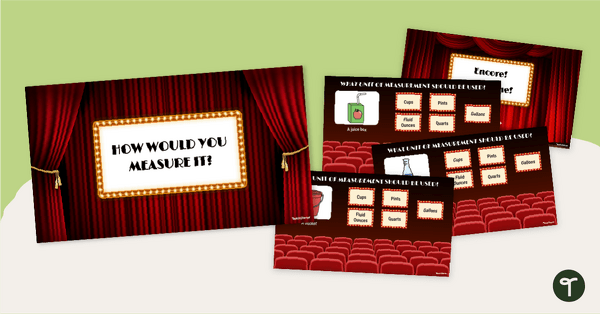
Selecting Units of Capacity – Measurement Game
Estimate the units needed to measure capacity with an Interactive Measurement Game!
- Free Plan
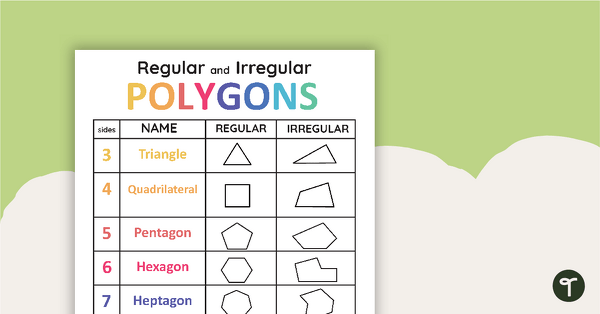
Regular and Irregular Polygons
Use this teacher-created resource for teaching about regular and irregular polygons.
- Free Plan
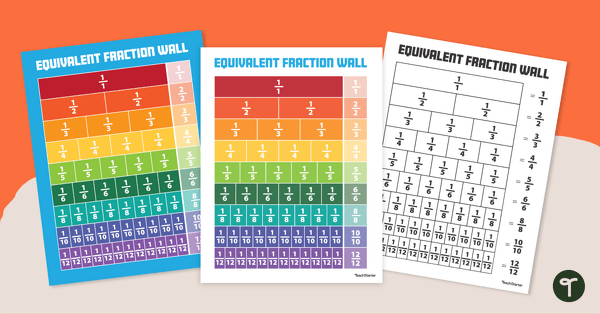
Equivalent Fraction Wall - Poster
Guide students to develop an understanding of fractions with the same value by using an equivalent fractions chart in your classroom.
- Plus Plan
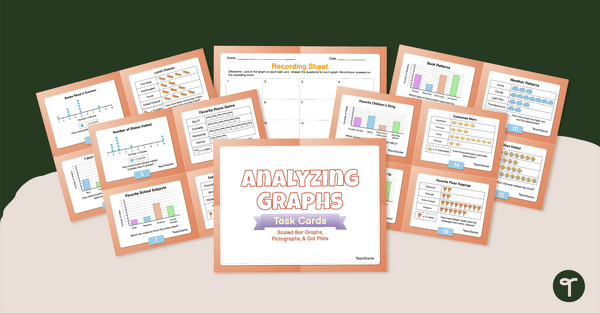
Analyzing Graphs — Scaled Bar Graphs, Pictographs, & Dot Plots —Task Cards
Use data analysis skills to analyze scaled bar graphs, pictographs, and dot plots with this set of task cards.
- Plus Plan
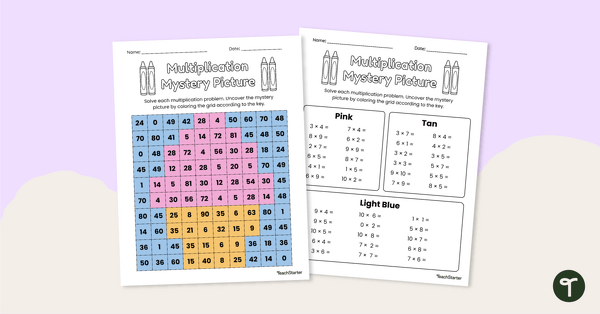
Multiplication Mystery Picture (Ice Cream)
Use the color-coded multiplication guide to complete the grid and reveal a mystery picture.
- Plus Plan
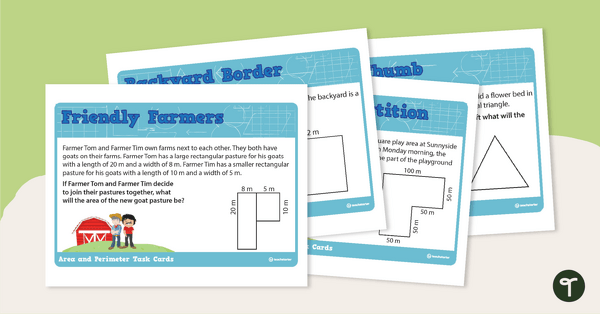
Area And Perimeter Task Cards
Use these area and perimeter task cards in your math centers to give your students practice solving real-world word problems.
- Plus Plan
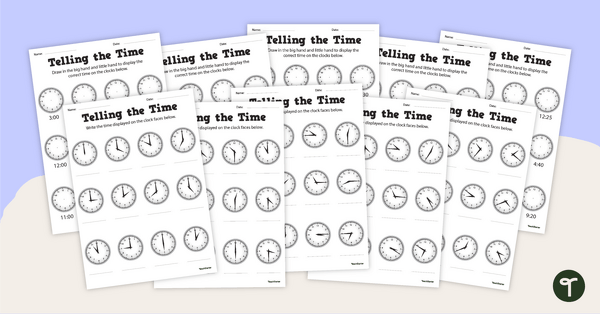
Telling Time - Worksheets
Practice telling time on a clock with a set of 5 printable telling time worksheets.
- Free Plan
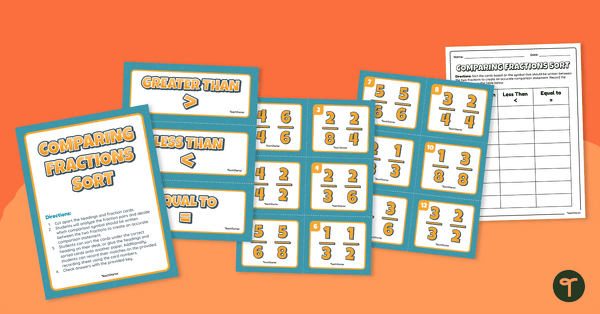
Comparing Fractions – Sorting Activity
Strengthen fraction comparison skills by sorting cards according to the inequality symbol that makes each statement true.
- Free Plan
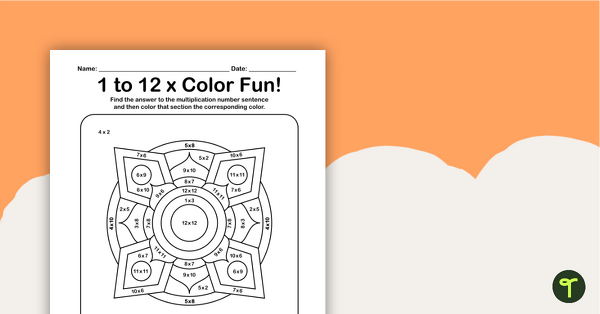
Color by Number – Multiplication Fact Practice (Mixed)
Practice multiplication facts through 12 with this fun color by number worksheet.
- Free Plan
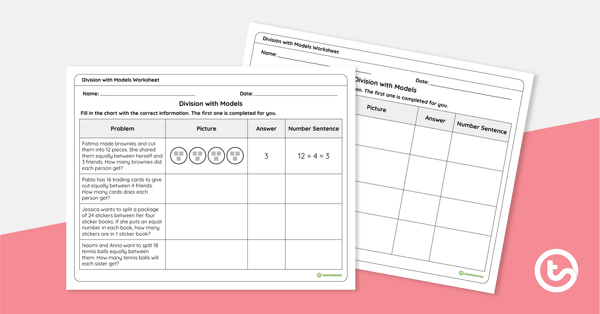
Division with Models Worksheet
Complete 8 division word problems by representing dividends as numbers, pictures, and number sentences.
- Free Plan
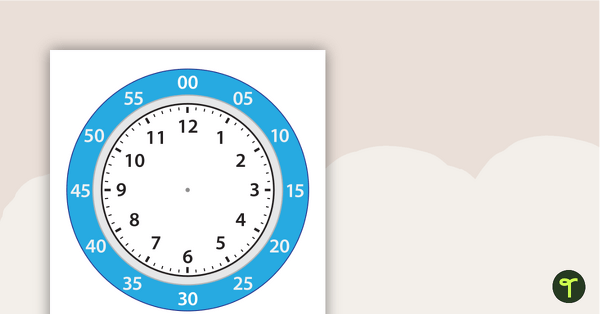
12-Hour Clock Template
A template for an interactive clock that displays hours, minutes, and wording.
- Free Plan
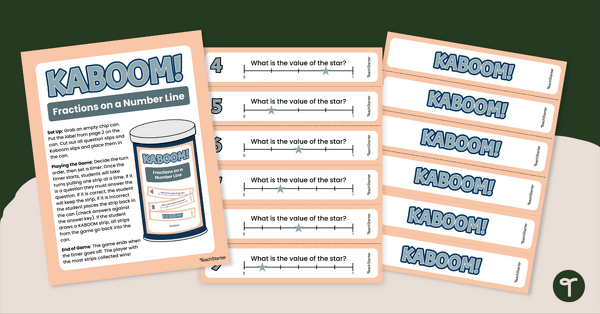
Fractions on a Number Line – Kaboom Game
Practice identifying fractions on a number line with an exciting game of Kaboom!
- Plus Plan
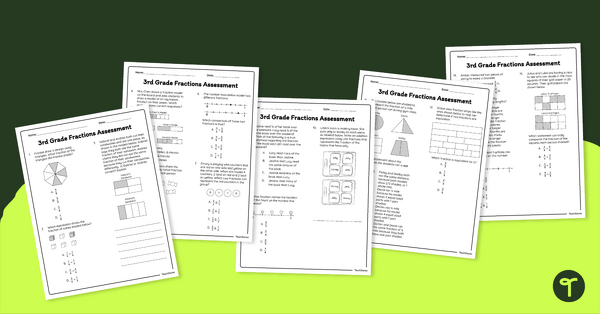
3rd Grade Fractions – Math Assessment
Assess student understanding of fractions on a number line, comparing fractions, equivalent fractions, and more with this math test for 3rd grade.
- Plus Plan
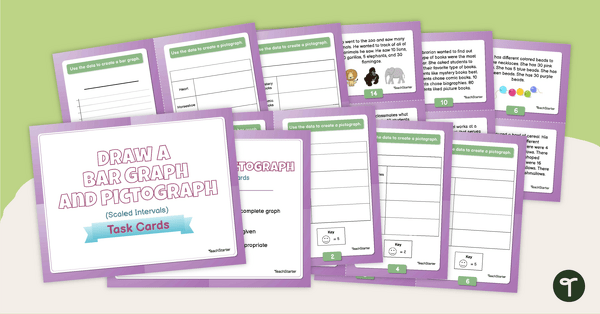
Draw a Bar Graph and Pictograph (Scaled Intervals) – Task Cards
Practice drawing scaled bar graphs and pictographs with this set of task cards.
- Plus Plan
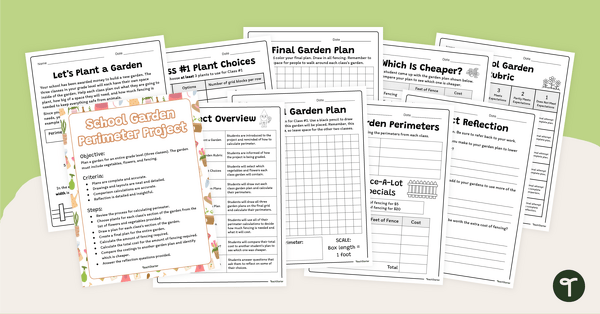
Design a Garden Math Project
Get students to design a garden with this student-centered perimeter project for 3rd and 4th grade students.
- Plus Plan

Dominate the Dragon – Mental Math Worksheets
Capture your students' interest in math drills for all four operations with these fun dragon-themed differentiated math worksheets.
- Plus Plan
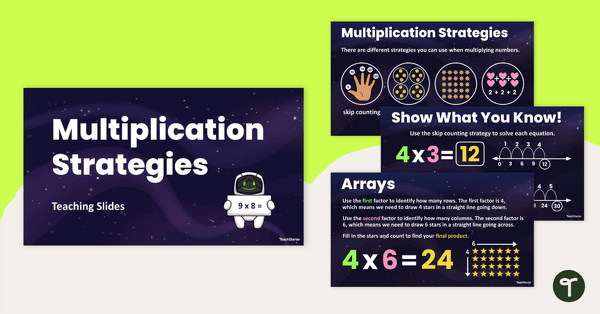
Introduction to Multiplication Strategies Teaching Slides
Introduce your students to different multiplication strategies such as arrays, equal groups, repeated addition and skip counting with this 34-page slide deck.
- Plus Plan
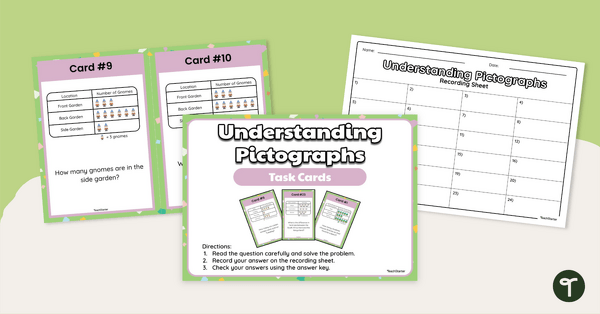
Understanding Pictographs - Task Cards
Use this set of task cards to practice reading and interpreting pictographs and bar graphs.
- Plus Plan
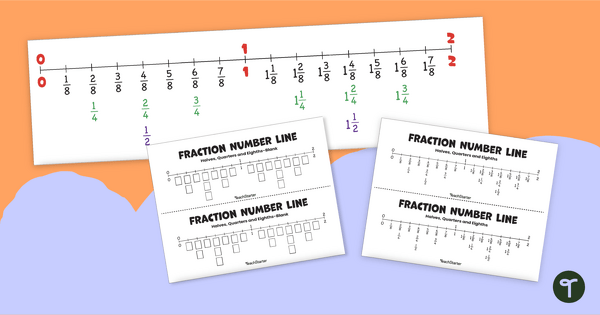
Fractions on a Number Line - Halves, Quarters, and Eighths
Demonstrate the concept of fractions on a number line with a printable number line display and student reference sheets.